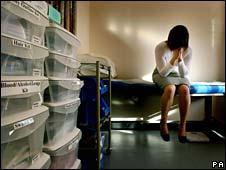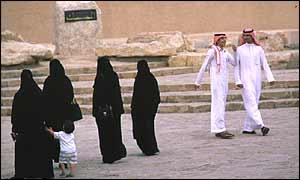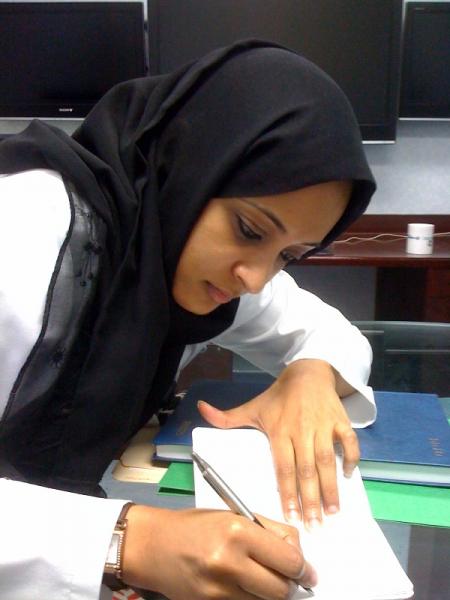Some Disturbing News About Our Views On Rape
 A majority of women believe some rape victims should take responsibility for what happened, a survey suggests.
A majority of women believe some rape victims should take responsibility for what happened, a survey suggests.Almost three quarters of the women who believed this said if a victim got into bed with the assailant before an attack they should accept some responsibility.
One-third blamed victims who had dressed provocatively or gone back to the attacker's house for a drink.
The survey of more than 1,000 people in London marked the 10th anniversary of the Haven service for rape victims.
More than half of those of both sexes questioned said there were some circumstances when a rape victim should accept responsibility for an attack.
Less forgiving
The study found that women were less forgiving of the victim than men.
Of the women who believed some victims should take responsibility, 71% thought a person should accept responsibility when getting into bed with someone, compared with 57% of men.
Elizabeth Harrison from Haven said there was never an excuse for forcing a woman to do something she did not want to.
"Clearly, women are in a position where they need to take responsibility for themselves - but whatever you wear and whatever you do does not give somebody else the right to rape you.
Click here for the full story:
BBC News
 "Allow me to choose four, five or even nine
men, just as my wildest imagination shall choose. I’ll pick them with
different shapes and sizes, one of them will be dark and the other will
be blond. ... [T]hey will be chosen from different backgrounds,
religions, races and nations.”
"Allow me to choose four, five or even nine
men, just as my wildest imagination shall choose. I’ll pick them with
different shapes and sizes, one of them will be dark and the other will
be blond. ... [T]hey will be chosen from different backgrounds,
religions, races and nations.”
 After the success of the one-year-old Ewaa shelter in Abu Dhabi, organisers plan two new centres in Sharjah and the Northern Emirates for foreign women who have escaped forced prostitution.
After the success of the one-year-old Ewaa shelter in Abu Dhabi, organisers plan two new centres in Sharjah and the Northern Emirates for foreign women who have escaped forced prostitution. With tears in her eyes, the woman described the encounter that led to five weeks of “hell”. She was working in her village in another Arab country when she was approached by a woman who told her she could make five times what she was earning if she came to the UAE.
With tears in her eyes, the woman described the encounter that led to five weeks of “hell”. She was working in her village in another Arab country when she was approached by a woman who told her she could make five times what she was earning if she came to the UAE. Susan notes: a hopeful Huffington Post article by Sally Thorner...
Susan notes: a hopeful Huffington Post article by Sally Thorner...